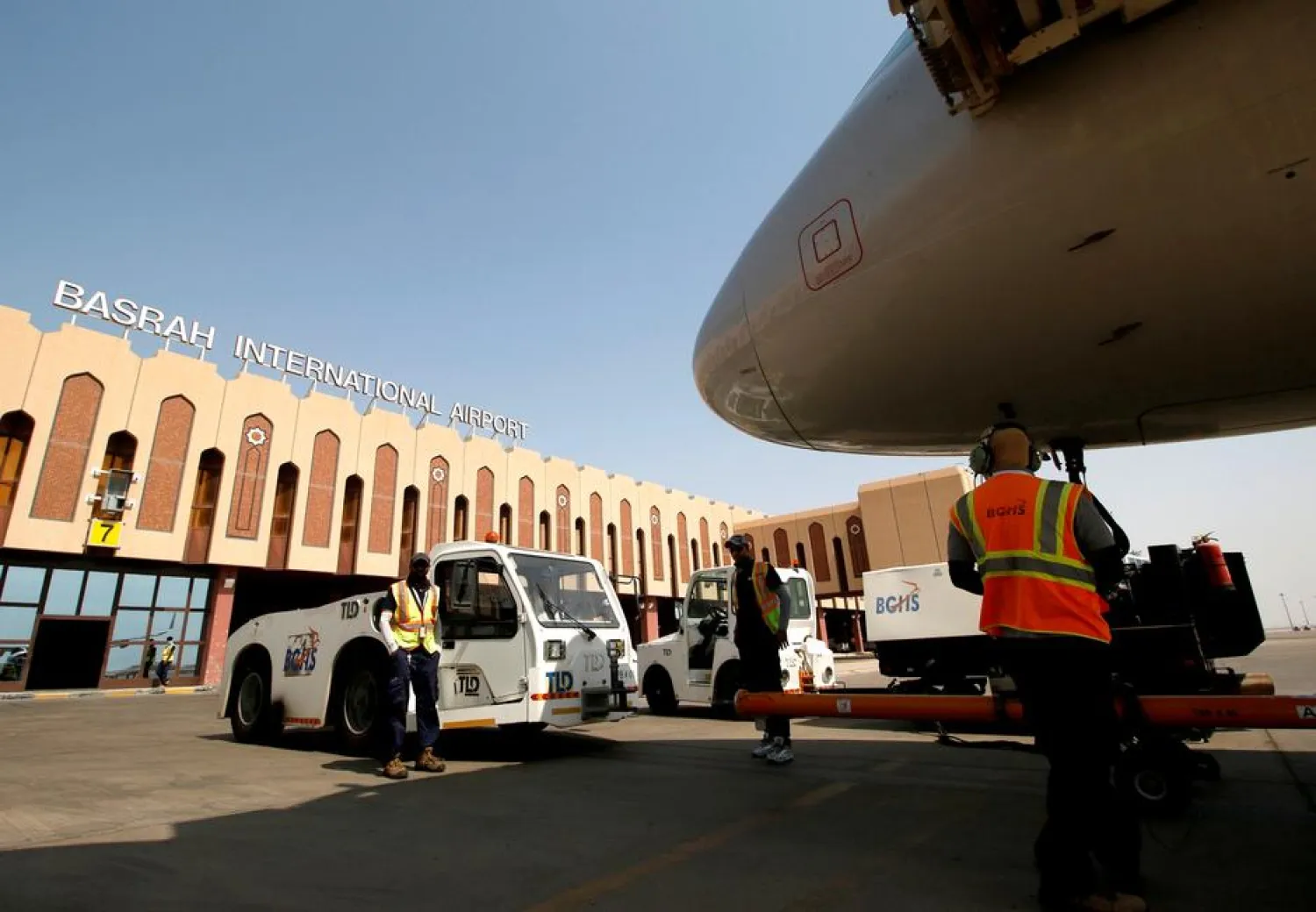Statistics put forth by the Supreme Judicial Council of Iraq show a spike in the number of defendants convicted of drug crimes in the first half of 2019. According to the Council’s bulletin, at least 6,842 convicts were jailed on charges involving drug abuse and dealership.
The report set Basra and Baghdad as the two top ranking cities in terms of drug crime.
These numbers are hardly surprising when compared to prevailing drug concerns in recent years, but they do indicate the country's desperate need for an effective action strategy to combat this scourge.
Last March, Prime Minister of Iraq Adil Abdul-Mahdi said: “Drugs are a big phenomenon that is expanding…(drugs) coming from Argentina to Arsal, Lebanon, and passing through Syria to enter Iraq and establish networks that exploit young people to earn tremendous money.”
As reported in the Council’s bulletin, Basra, a southern governorate near borders with Iran, witnessed a sweeping outbreak of drug crime whereby 870 preps were given sentences ranging 15 years to life imprisonment in the first six months of 2019 alone.
Most of these sentences have been passed on persons engaged in the trade or promotion of narcotics. Baghdad, with a staggering 676 convicts, ranked second after Basra.
“The phenomenon of drug abuse and trade affects Iraq in general, and Basra in particular—it has become a very serious societal dilemma, and no longer is confined to a certain age group, gender or any other category,” Basra-based Judge Riyadh Abdulabbass said.
“We are seeing a wide spectrum of people who descended to drug abuse, promotion and trafficking,” he added.
Abdulabbass blamed weak border security, especially in Basra, and a shortage in counterdrug task force members for the hike in successful drug trafficking operations.
According to the bulletin, Saladin Governorate, north of Baghdad, recorded the lowest number of people accused of drug cases during the first half of 2019 with only 11 convicted and 46 undergoing investigations for drug-related offenses.









